
Find Help
More Items From Ergsy search
-
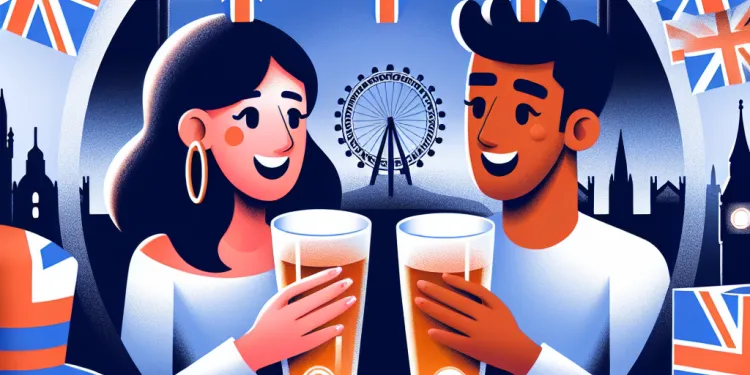
Is it safe to share drinks at a party?
Relevance: 100%
-
Are high caffeine drinks safe?
Relevance: 51%
-
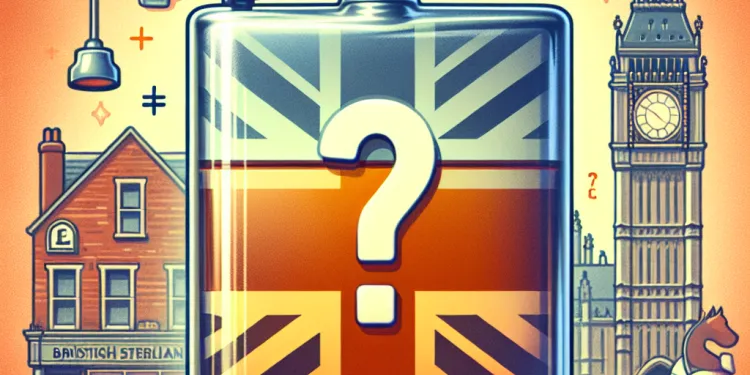
How do I know if my drink was spiked?
Relevance: 46%
-
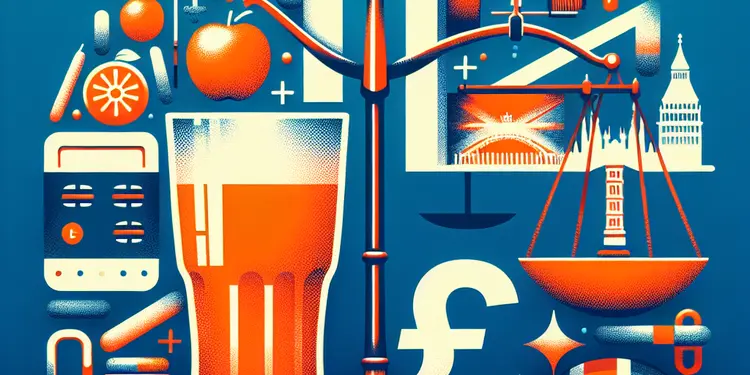
Is it safe to drink orange juice if I have diabetes?
Relevance: 44%
-

Can drink spiking occur in private settings?
Relevance: 39%
-
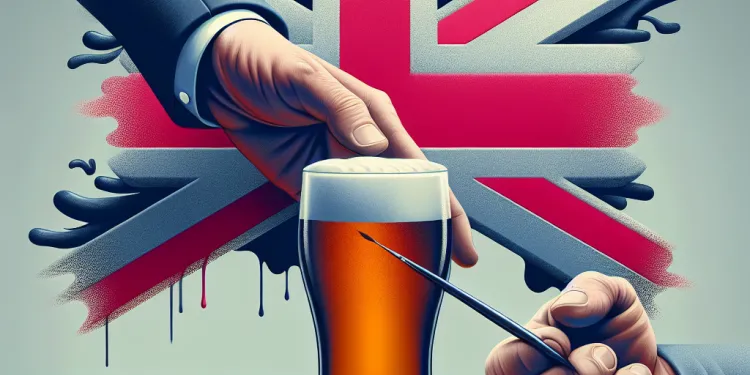
What should I do if I witness someone's drink being spiked?
Relevance: 37%
-

What is the process for serving documents to other parties?
Relevance: 36%
-

Can a company refuse to register a share transfer?
Relevance: 36%
-
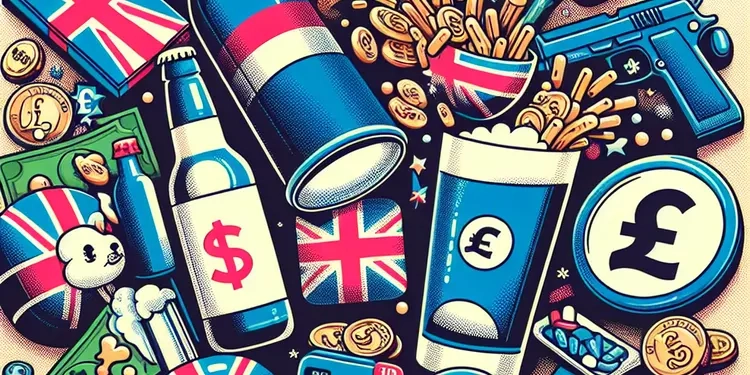
What is binge drinking?
Relevance: 35%
-

Has any political party in the UK supported a wealth tax?
Relevance: 35%
-

Will I be in a shared or single cell?
Relevance: 35%
-

Can I taste or smell if my drink has been spiked?
Relevance: 33%
-
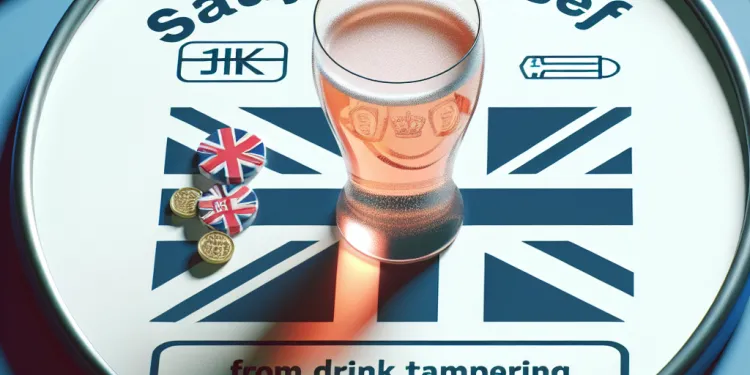
What should I do if I suspect my drink has been spiked?
Relevance: 33%
-

Judicial Review Sought Over NHS Data Sharing Agreements
Relevance: 33%
-
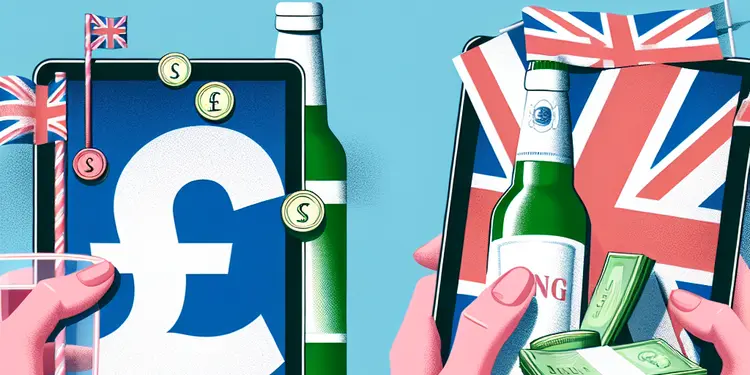
How is binge drinking typically defined?
Relevance: 33%
-
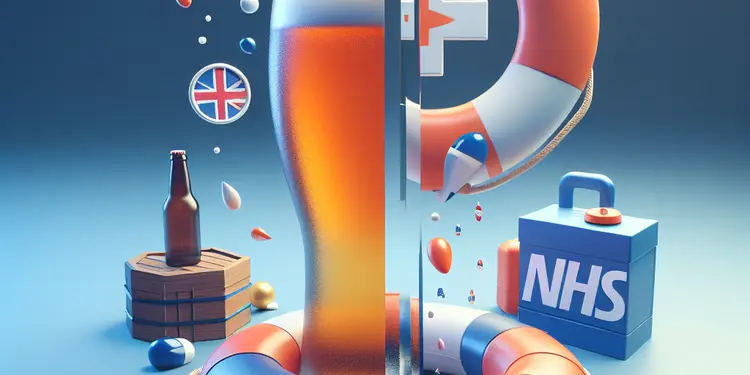
What resources are available for someone struggling with binge drinking?
Relevance: 32%
-

How can I reduce the risk of my drink being spiked?
Relevance: 32%
-
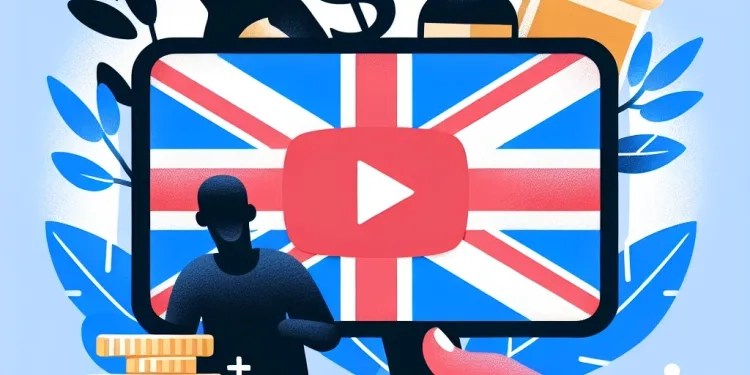
What is safe alcohol consumption in Adults?
Relevance: 32%
-

Can drink covers be reused to prevent spiking?
Relevance: 32%
-
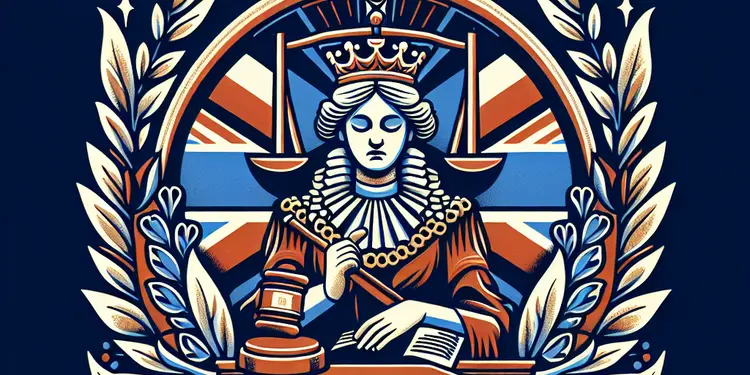
What steps can a party take to expedite a court date?
Relevance: 32%
-

What are common symptoms if my drink has been spiked?
Relevance: 32%
-

Are men at risk of having their drinks spiked?
Relevance: 31%
-
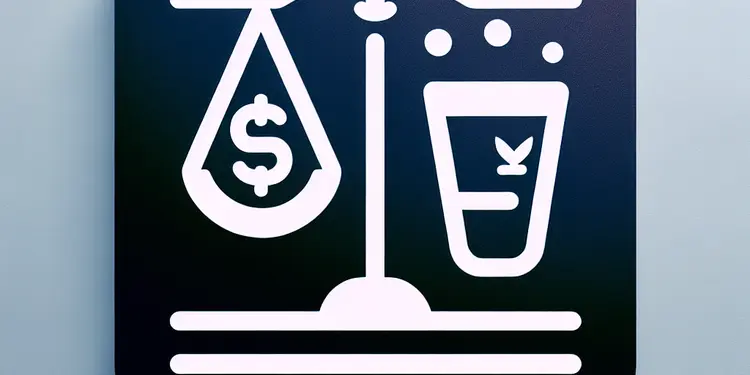
Are there any laws against binge drinking?
Relevance: 31%
-
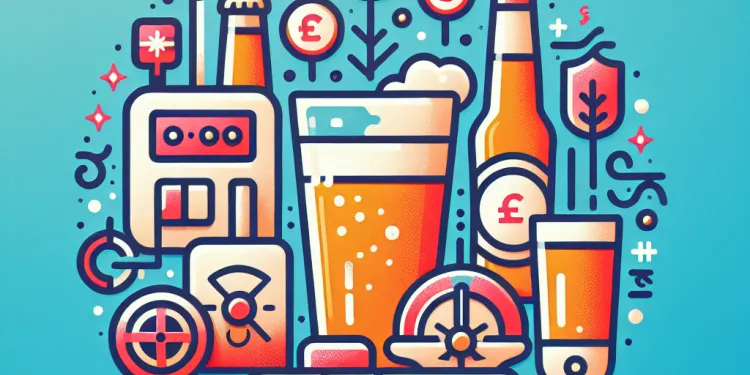
How effective are drink testing kits?
Relevance: 31%
-
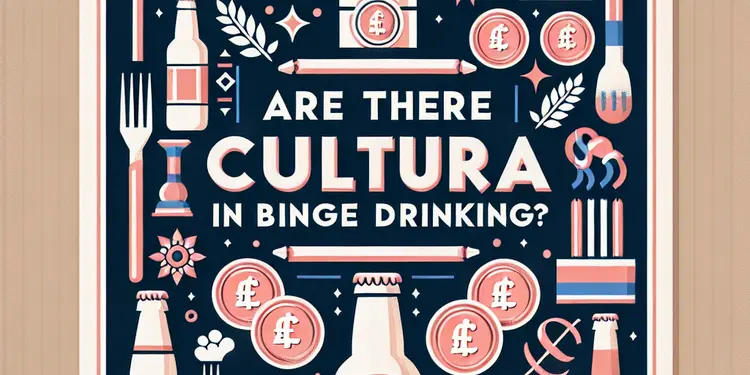
Are there cultural factors in binge drinking?
Relevance: 30%
-
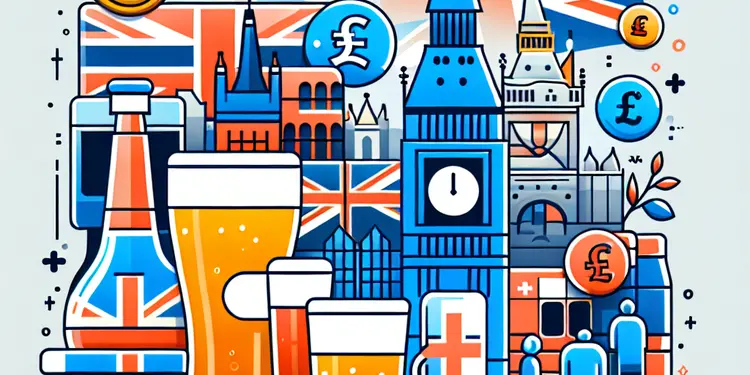
Why is binge drinking common among young adults?
Relevance: 30%
-
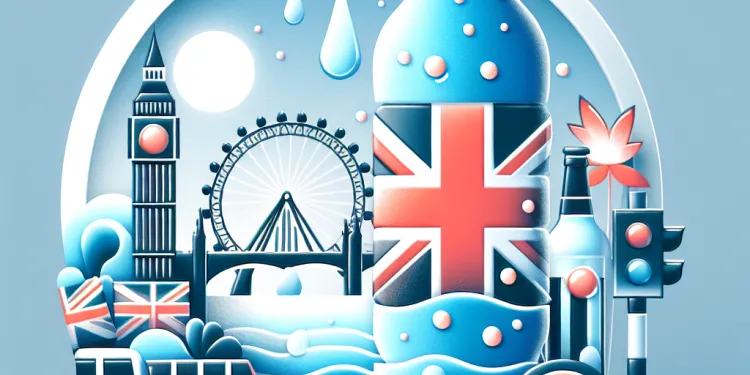
How much water should I drink during a heatwave?
Relevance: 30%
-
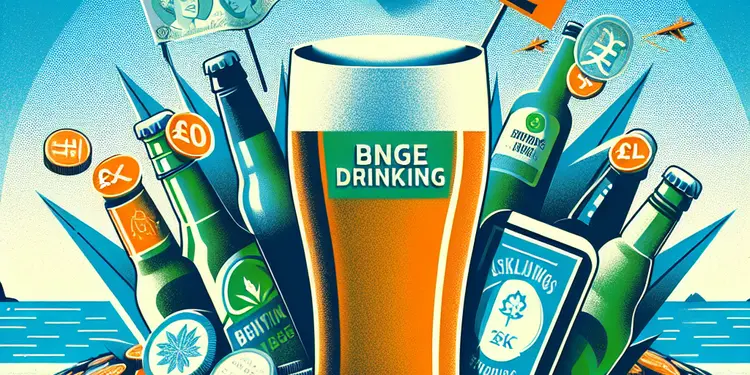
What are the risks associated with binge drinking?
Relevance: 30%
-
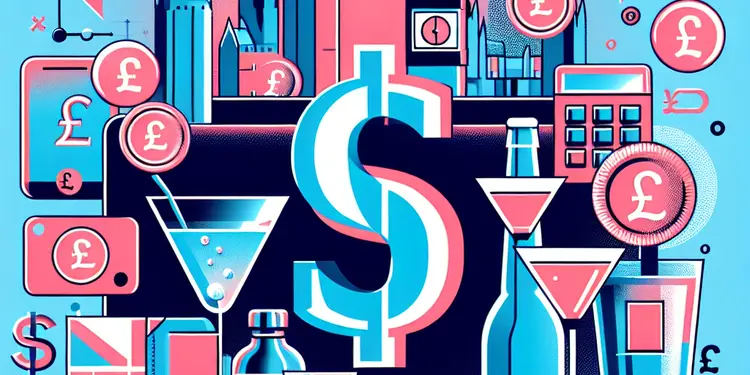
What are the social consequences of binge drinking?
Relevance: 30%
-
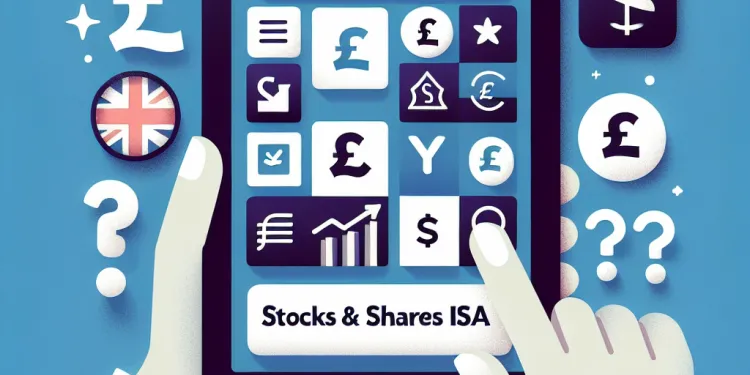
Are there fees associated with Stocks & Shares ISAs?
Relevance: 30%
-
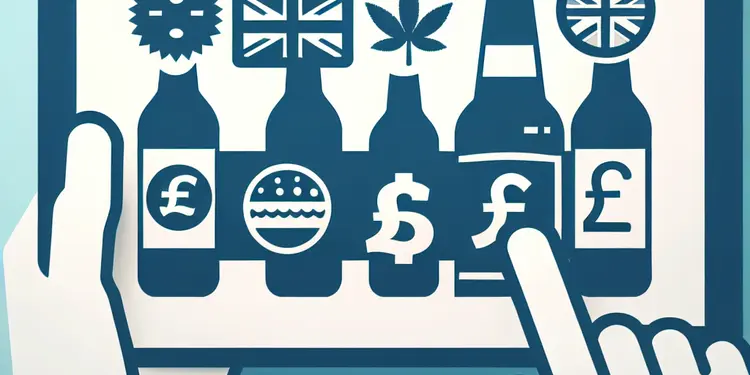
How can one reduce the risk of binge drinking?
Relevance: 30%
-
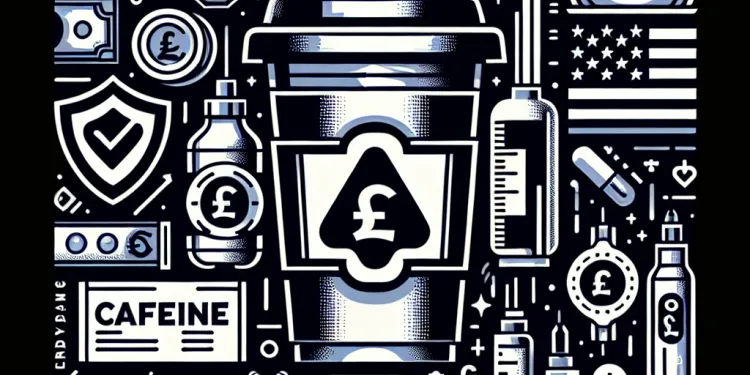
Are caffeine pouches safe?
Relevance: 29%
-
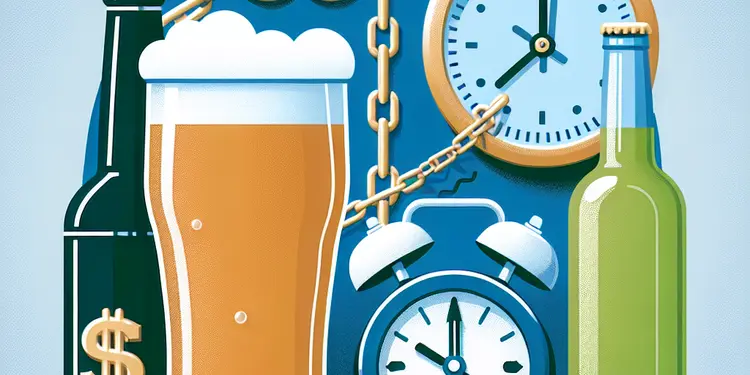
Can binge drinking lead to addiction?
Relevance: 29%
-
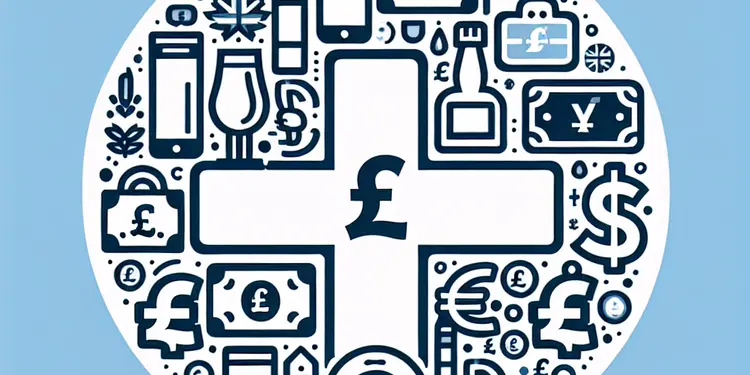
What can be done to prevent binge drinking?
Relevance: 29%
-

Should I share the results of my self-tests with my eye doctor?
Relevance: 28%
-
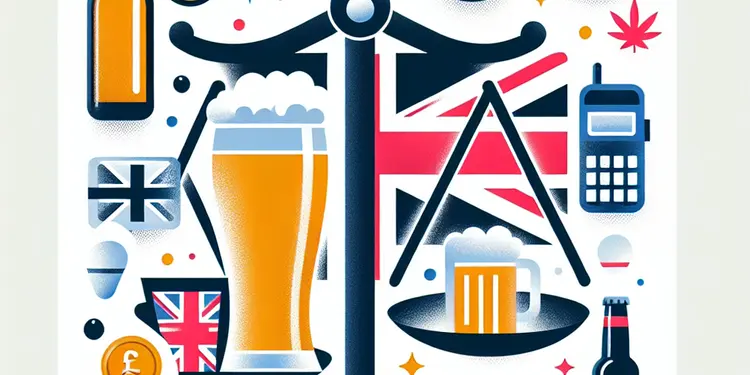
How does alcohol tolerance relate to binge drinking?
Relevance: 28%
-

Can drink spiking cause long-term health effects?
Relevance: 28%
-

How does Stamp Duty affect shared ownership properties?
Relevance: 28%
-

What drugs are commonly used to spike drinks?
Relevance: 28%
-

Can a healthcare provider share my medical records with other providers?
Relevance: 28%
The Safety of Sharing Drinks at Parties
Sharing drinks at parties is a common social practice, but it poses certain health risks that should be considered. In the context of a UK audience, it is important to understand both the cultural norms and the potential consequences of sharing drinks.
Transmission of Germs and Viruses
One of the primary concerns with sharing drinks is the potential transmission of germs and viruses. When people share drinks, they also share saliva, which can contain bacteria and viruses. Infections like the common cold, influenza, or more serious illnesses such as COVID-19 can be spread through this route. This risk is heightened in party settings where multiple individuals might share the same glass or bottle.
Alcohol Consumption and Its Effects
At parties, the presence of alcohol can add another layer of concern. Alcohol lowers inhibitions, which might lead people to share drinks more freely without considering the health implications. Additionally, sharing alcoholic drinks can contribute to underage drinking or accidental over-consumption, especially when a shared drink is continuously refilled without clear tracking of individual intake.
Cultural and Social Implications
In the UK, sharing drinks can be perceived as a gesture of camaraderie or friendliness. However, it is important to balance social etiquette with health precautions. It might be wise to politely decline sharing drinks and instead offer an alternative way to bond, such as a toast with individual glasses.
Precautions to Consider
To minimise the risk of spreading illnesses, individuals can take certain precautions when at parties. First, consider using personal drinks and avoid communal bottles or cups. Party hosts might provide an ample supply of glasses to ensure guests have their own. If someone insists on sharing a drink, a polite refusal or suggestion to pour the drink into separate glasses can be a tactful approach.
Etiquette and Alternatives
For those who wish to avoid sharing drinks without offending, explaining personal health reasons or recent adherence to social distancing guidelines can provide a polite rationale. Offering distractions like engaging conversation or suggesting another communal activity can divert attention from drink sharing.
Conclusion
While sharing drinks at a party can seem like a harmless tradition, it is laden with potential health risks, especially in the context of viral transmissions. In light of this, it's crucial to foster an environment where individual health decisions are respected and alternative forms of social bonding are encouraged. By being mindful of these factors, you can enjoy social gatherings safely.
The Safety of Sharing Drinks at Parties
Sharing drinks at parties is something people often do. But it can make you sick. In the UK, it's important to think about the culture and what could happen if you share a drink.
Passing Germs and Viruses
Sharing drinks means you also share germs. This includes things like saliva with bacteria and viruses. You could catch a cold, the flu, or even COVID-19. At parties, many people might share the same cup or bottle, which increases this risk.
Alcohol and What It Does
Alcohol is often at parties and can make people less careful. They might share drinks without thinking about getting sick. This can also lead to kids drinking alcohol by mistake or people drinking too much, especially if drinks are refilled and no one keeps track of how much they have had.
What People Think
In the UK, sharing a drink can mean being friendly. But, staying healthy is more important. If you don't want to share, that's okay. You can say so nicely and suggest saying cheers with your own glasses instead.
Ways to Stay Safe
To avoid getting sick, you can bring your own drink and not share bottles or cups. Hosts can help by giving enough glasses so everyone has their own. If someone wants to share, you can say no nicely or suggest pouring into separate glasses.
Politeness and Other Options
If you don’t want to share drinks, you can say it's for your health or because of social distancing rules. You can also talk about something interesting or start a fun activity to keep the focus off sharing drinks.
Conclusion
Sharing drinks at parties might seem fun, but it can make you sick. It is important to respect everyone's choices and find other fun ways to be social. This way, you can have a good time and stay healthy.
Frequently Asked Questions
Useful Links
This website offers general information and is not a substitute for professional advice.
Always seek guidance from qualified professionals.
If you have any medical concerns or need urgent help, contact a healthcare professional or emergency services immediately.
Some of this content was generated with AI assistance. We’ve done our best to keep it accurate, helpful, and human-friendly.
- Ergsy carfully checks the information in the videos we provide here.
- Videos shown by Youtube after a video has completed, have NOT been reviewed by ERGSY.
- To view, click the arrow in centre of video.
- Most of the videos you find here will have subtitles and/or closed captions available.
- You may need to turn these on, and choose your preferred language.
- Go to the video you'd like to watch.
- If closed captions (CC) are available, settings will be visible on the bottom right of the video player.
- To turn on Captions, click settings .
- To turn off Captions, click settings again.
More Items From Ergsy search
-

Is it safe to share drinks at a party?
Relevance: 100%
-
Are high caffeine drinks safe?
Relevance: 51%
-

How do I know if my drink was spiked?
Relevance: 46%
-

Is it safe to drink orange juice if I have diabetes?
Relevance: 44%
-

Can drink spiking occur in private settings?
Relevance: 39%
-

What should I do if I witness someone's drink being spiked?
Relevance: 37%
-

What is the process for serving documents to other parties?
Relevance: 36%
-

Can a company refuse to register a share transfer?
Relevance: 36%
-

What is binge drinking?
Relevance: 35%
-

Has any political party in the UK supported a wealth tax?
Relevance: 35%
-

Will I be in a shared or single cell?
Relevance: 35%
-

Can I taste or smell if my drink has been spiked?
Relevance: 33%
-

What should I do if I suspect my drink has been spiked?
Relevance: 33%
-

Judicial Review Sought Over NHS Data Sharing Agreements
Relevance: 33%
-

How is binge drinking typically defined?
Relevance: 33%
-

What resources are available for someone struggling with binge drinking?
Relevance: 32%
-

How can I reduce the risk of my drink being spiked?
Relevance: 32%
-

What is safe alcohol consumption in Adults?
Relevance: 32%
-

Can drink covers be reused to prevent spiking?
Relevance: 32%
-

What steps can a party take to expedite a court date?
Relevance: 32%
-

What are common symptoms if my drink has been spiked?
Relevance: 32%
-

Are men at risk of having their drinks spiked?
Relevance: 31%
-

Are there any laws against binge drinking?
Relevance: 31%
-

How effective are drink testing kits?
Relevance: 31%
-

Are there cultural factors in binge drinking?
Relevance: 30%
-

Why is binge drinking common among young adults?
Relevance: 30%
-

How much water should I drink during a heatwave?
Relevance: 30%
-

What are the risks associated with binge drinking?
Relevance: 30%
-

What are the social consequences of binge drinking?
Relevance: 30%
-

Are there fees associated with Stocks & Shares ISAs?
Relevance: 30%
-

How can one reduce the risk of binge drinking?
Relevance: 30%
-

Are caffeine pouches safe?
Relevance: 29%
-

Can binge drinking lead to addiction?
Relevance: 29%
-

What can be done to prevent binge drinking?
Relevance: 29%
-

Should I share the results of my self-tests with my eye doctor?
Relevance: 28%
-

How does alcohol tolerance relate to binge drinking?
Relevance: 28%
-

Can drink spiking cause long-term health effects?
Relevance: 28%
-

How does Stamp Duty affect shared ownership properties?
Relevance: 28%
-

What drugs are commonly used to spike drinks?
Relevance: 28%
-

Can a healthcare provider share my medical records with other providers?
Relevance: 28%


